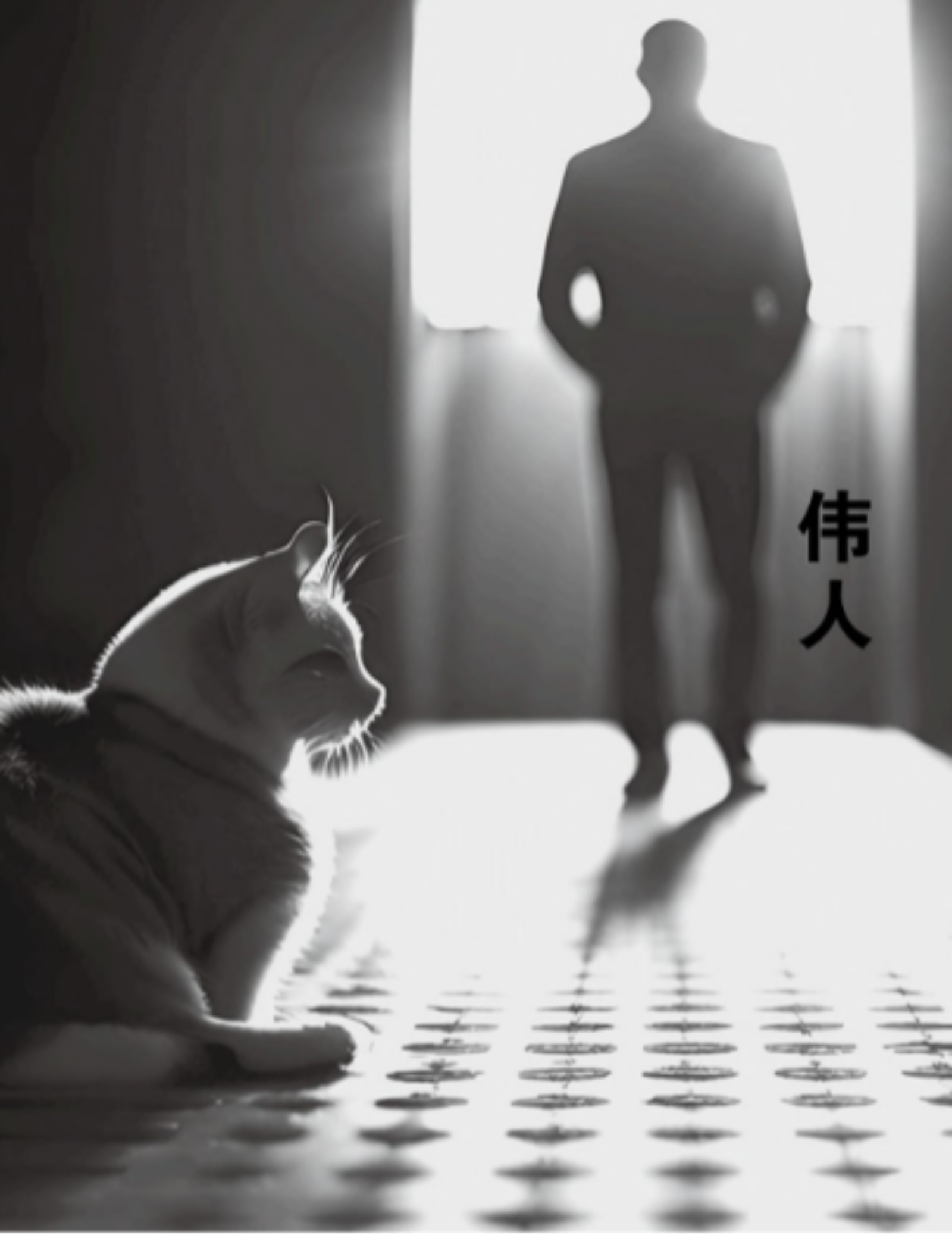Jiang Yichun, a Chinese novelist, screenwriter, and director based in Manchester, conducted extensive interviews with citizens from all walks of life in Shanghai about their experiences in the early months of the COVID-19 epidemic, and fictionalized their accounts into short stories which were collected into the book, Incessant Chatter of City Happenings: Fictional Stories Adapted from Verbal Accounts in Pandemic Times. The first story, “Hero,” is about Mao Jiajie, a freelance photographer and videographer who adopts stray cats out of self-proclaimed feelings of “heroism” and pity. He accepts a commission to film raw footage of frontline healthcare workers at a border crossing in Shanghai for use in a motivational documentary, but after repeated exchanges with his employer, his footage is eventually discarded, and he receives a meager payment for his efforts. Finally, he decides to quit being a photographer, and instead get an office job and live a stable life.
The scenes that Jiajie witnesses at the border crossing reveal the chaos and inadequacies of Shanghai’s initial response to the COVID-19 outbreak in Wuhan. In early 2020, Shanghai’s infection control policy involved body temperature checks at the border and quarantining people with fever. Jiajie describes people attempting to enter the city by concealing their symptoms in all manner of ridiculous ways, such as “Amidst a winter like this, many cars had their windows rolled down [to keep their body temperatures within a normal range], and some people even hid their feverish children in the trunk” (Jiang 13), and criticizes them for spreading the virus and jeopardizing the health of citizens across the country.
From the perspective of the photographer, or a creator of narratives, the story reflects on the idea of “heroism” of different parties in the epidemic, including healthcare workers, essential workers, and the people who capture and publicize their stories. Jiajie contrasts representations of these groups as heroes who risk their lives to protect public health, provide important services, and capture genuine experiences, with the reality of people’s motives. He states that people take these roles not out of altruism, but due to desperation or to pursue certain benefits, expressing, “They’d definitely think I made this meaningful video without regard for danger. But they’ll never know that I, like that taxi driver, just needed money” (Jiang 18). He holds a cynical view of the construction of heroic narratives, stating that these narratives benefit those in power and pacify the masses. “It doesn’t matter if not even a minute of this footage is real, it’ll still be necessary because it paints frontline workers in a good light, makes the government’s image seem more noble, and lets the public know they’re under protection” (Jiang 18), he says. The context of his videography, where he was commissioned with a specific set of instructions on what to create, also underscores a phenomenon in which the rich and powerful are able to spin and perpetuate narratives to serve their interests.

Image Captions:
Chapter cover image of “伟人 [Hero].” In 城事絮语: 疫情时代改编自口述纪事的虚构故事 [Incessant Chatter of City Happenings: Fictional Stories Adapted from Verbal Accounts in Pandemic Times] by Yichun Jiang. Lingzi Media (China), 1 Oct. 2023.Citation: Jiang, Yichun. “伟人 [Hero].” 城事絮语: 疫情时代改编自口述纪事的虚构故事 [Incessant Chatter of City Happenings: Fictional Stories Adapted from Verbal Accounts in Pandemic Times]. Lingzi Media (China), 1 Oct. 2023, pp. 5–24. FICTION, SHORT STORY COLLECTION, FICTIONALIZED NARRATIVES | CHINA. ll
Source Type: Fiction
Country: China
Date: 01-Oct-2023
Keywords: China, Heroism, Infection Control Policies, Pandemic Narratives, Shanghai, and Videography